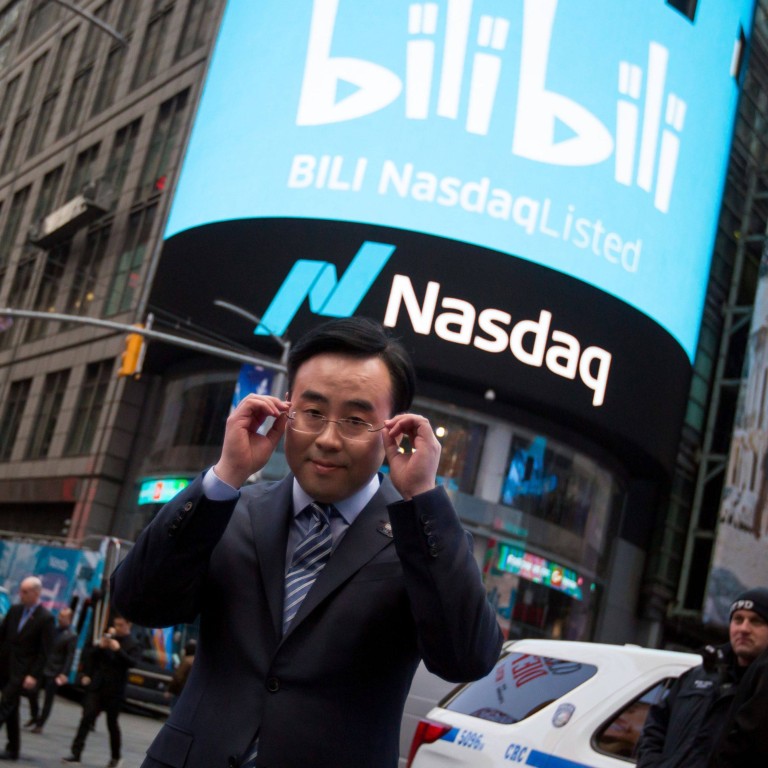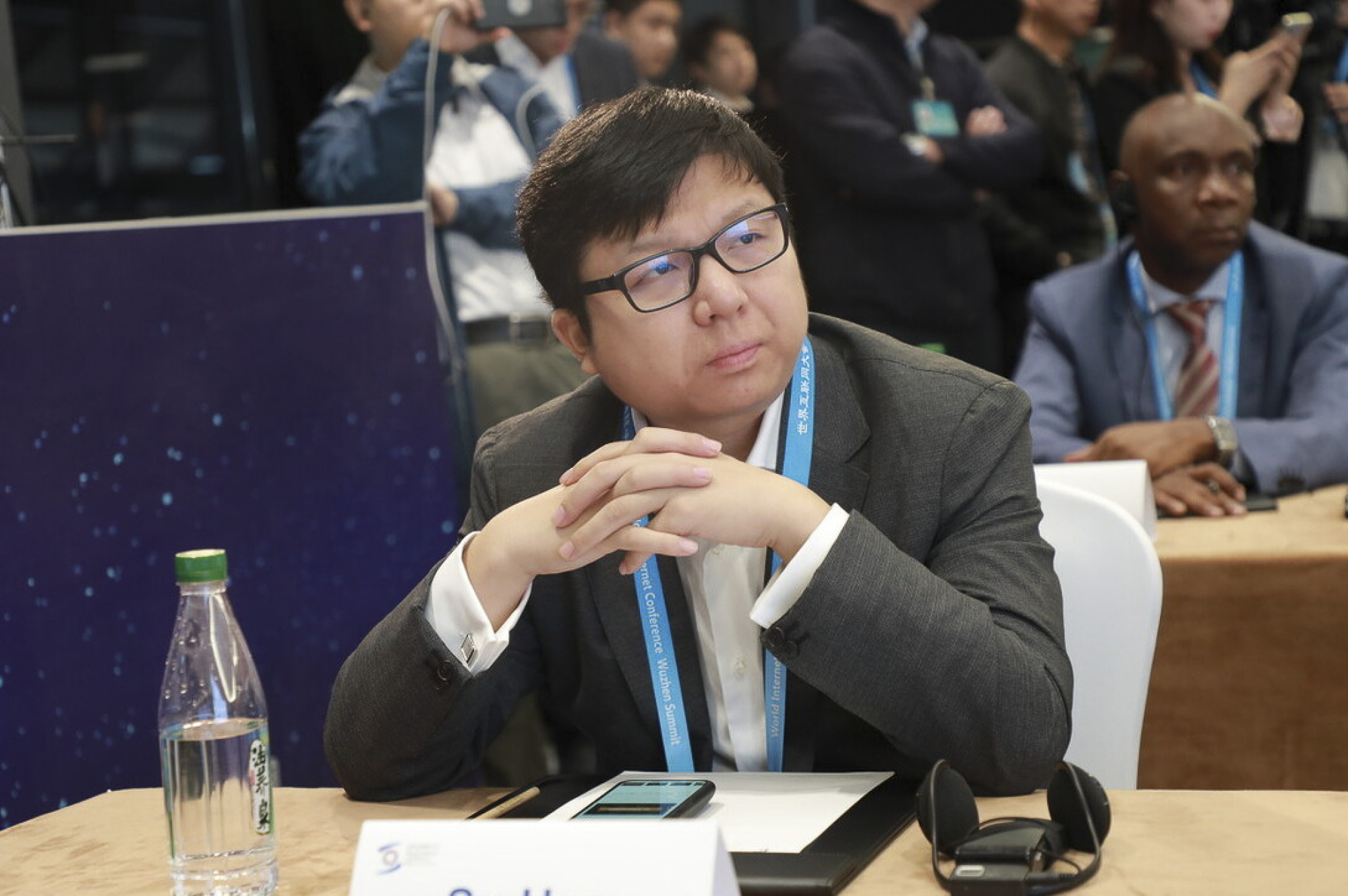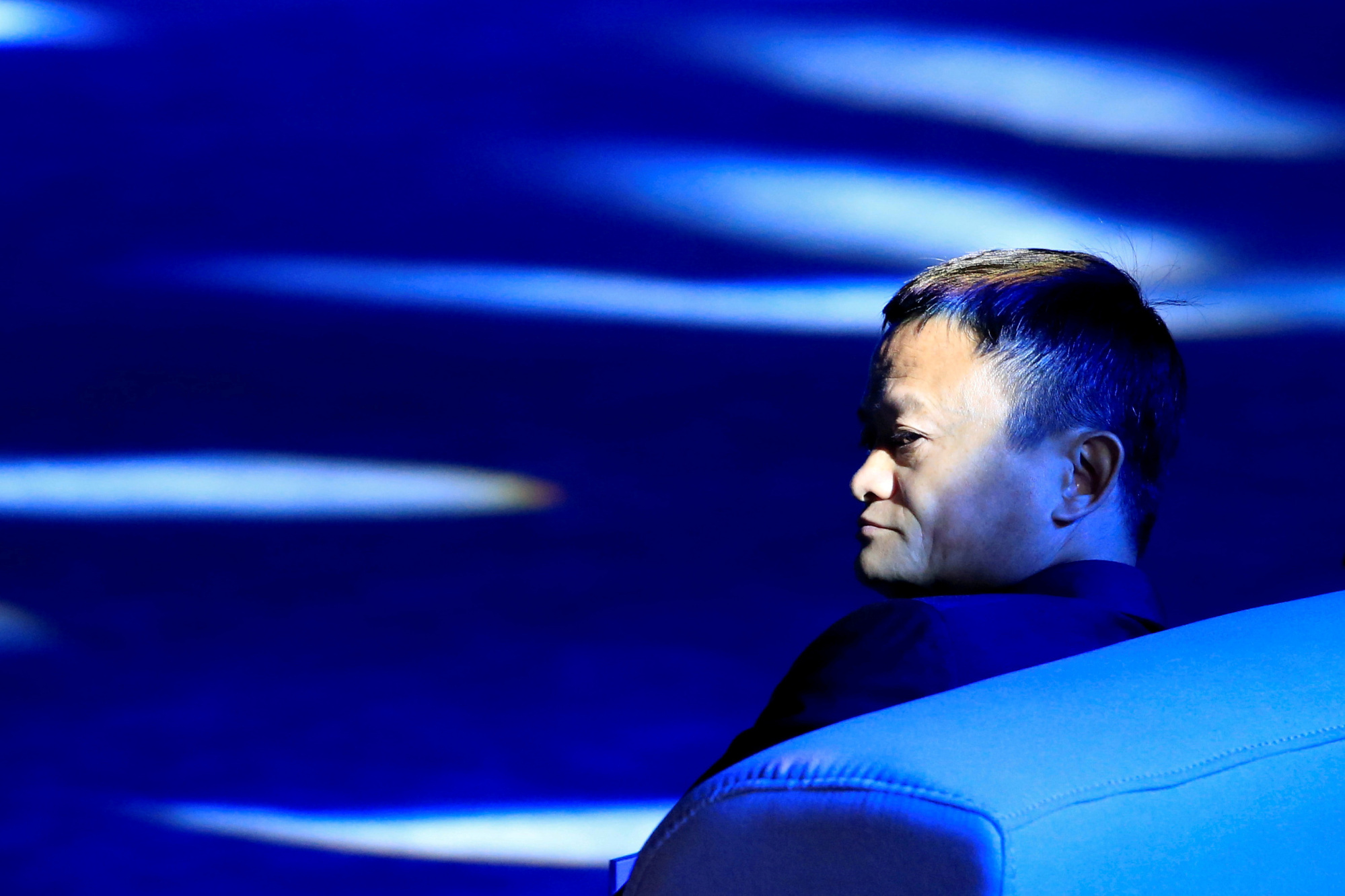
The burned-out Chinese tech workers becoming ‘Buddhist entrepreneurs’ in a bid for work-life balance
- Not everyone working in China’s tough tech industry subscribes to its hectic work schedule, with some deciding to adopt a more relaxed style
- While tech-giant founders such as Kuaishou CEO Su Hua are counted among them, others believe this ‘Buddhist’ approach to the tech business cannot be successful
The long hours and gruelling schedules of the so-called “996” work culture have been the scourge of workers in the Chinese tech industry for many years.
The term, which means working from 9am to 9pm six days a week, has led many white-collar professionals to start self-identifying as “labourers,” or dagong ren – a term commonly used by blue-collar workers.
But not everyone working in the technology industry is subscribing to this hectic work schedule, with some deciding to take the opposite approach in their quest for work-life balance. They have become known as “Buddhist entrepreneurs”.
They include founders of tech giants, such as Su Hua, the CEO of TikTok-like short video app Kuaishou, and Chen Rui, the CEO and chairman of Bilibili, one of China’s most popular video platforms.

So far, however, there has been little agreement about what exactly makes tech workers Buddha-like. The moniker has also been used to deride those who are less inclined to make work their main priority, and by Chinese journalists to describe start-up founders who abandon the often-overheated competition in China’s tech market to develop their products at a slower pace, while maintaining a healthier work-life balance.
“As applied to companies and entrepreneurs, it’s usually used as the opposite of langxing, or wolf-like, which means the company is very ambitious and relentless,” said Rui Ma, a venture capital investor and host of the podcast Tech Buzz China.
‘Touching fish’: young employees rebel against Chinese work ethic
Being a wolf-like employee has long been extolled by tech companies such as Huawei. The term describes those who are aggressive in the pursuit of their goals and dedicated to their company – and, more importantly, to their own career advancement. They are also determined to fight for survival in a market ready to swallow them up at the first misstep.
Imported from Japan, the term was coined to describe members of China’s Generation Z who opt out of the rat race to pursue their own passions, as well as those who adopt a lax approach in the fight against Covid-19.
If the salary is high, 996 is acceptable
When Sweden announced it would introduce stricter social distancing measures, one media outlet in China wrote that the Nordic country was abandoning its “Buddhist” approach to battling the pandemic.
In China, the term has also been used to describe people who have no desires or ambition, or are apathetic, Rui Ma said.
But the phrase is not always used negatively, she added. “There are aspects of this more ‘chilled out’ philosophy that people do aspire to.”
Chance Jiang, chief customer officer at a technology company Chatek, said he accidentally became a “Buddhist entrepreneur”. Jiang considers the term holds some similarities to what in the West is described as a lifestyle entrepreneur.
Unlike typical employees of tech companies, a lifestyle entrepreneur builds their business around the type of lifestyle they want, choosing flexible work schedules and locations that best suit them.
Why bleak job prospects for young Chinese have set off a wave of memes
Jiang said they are often individuals who have founded businesses previously and are not under pressure to raise capital. They can invest time in growing their projects, he said.
“You probably are engaging in software outsourcing or certain product innovation. But the market potential or the value that your product or your service is trying to capture is not going to be very big any time soon,” he said.
This is a different picture than what is often painted about the country’s tech landscape: a market in which many product niches quickly end up saturated, large companies fight for users by burning money on expensive subsidies, and firms rely on employees working long hours to beat the tough domestic competition.
This reality has made some believe that the Buddhist entrepreneur approach to business is impossible to achieve.

Zhou Hongyi, the CEO of China’s largest cybersecurity firm, Qihoo 360, who is known for his hot temper, said in a media interview in November that Buddha-like employees have no business working in the tech environment where small mistakes can lead to large failures.
Some entrepreneurs that have previously been described as Buddhist-like have changed their ways to embrace more wolf-like management to survive in the dog-eat-dog world of the Chinese tech industry.
But, according to Ma, many entrepreneurs and investors believe the Buddhist entrepreneur lifestyle is unattainable. And some employed in the tech industry are ambivalent about switching to it.
“If the salary is high, 996 is acceptable,” said Benjamin Huang, a designer at a software company based in Shenzhen.
Before moving to a company with more reasonable hours, Huang worked on the 996 schedule. His job change, however, was not motivated by the long hours but by management issues and a desire for more growth opportunities, he said.
He added that while many people talk about adopting a Buddhist-like lifestyle, few actually do it. Calls for the lifestyle are even rarer in the tech industry as companies require a more active approach from their employees, he said.
“Even if you have a desire in yourself to live a ‘Buddhist’ life, you are not allowed to do so in your behaviour,” Huang said.

